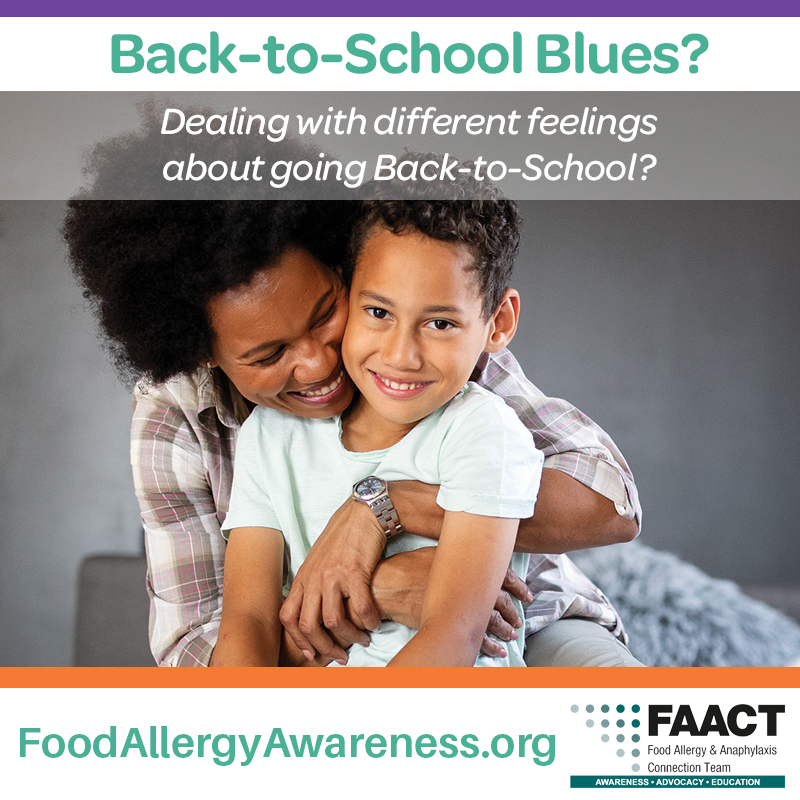Back to School Blues

Back-to-School Blues?
Breathe. It is going to be okay. Somedays, I am sure it does not feel like it, but that does not make it untrue. Any year getting ready to go back to school comes with run of the mill worries, anxieties, and mile long to-do lists. This year is no different. When the bedroom becomes the classroom and screen time becomes unlimited it is no wonder parents are a bit stressed.
First, it is important to note that it is okay to be worried, exhausted, frustrated or any emotion in between. To some degree, anxiousness and frustration are to be expected, and within a reasonable amount, are normal. If you find yourself more anxious about making decisions, you are fine, anxiousness is bread out of uncertainty. And uncertainty is the life we now know.
What I want to remind parents is that all children will have a different reaction to returning or not returning to school (and it may be different than your own). Creating a space to be honest about what they are feeling is critical. Are they anxious to return in person to school? Nervous about online learning? Sadder than usual without their friends? Concerned about food in the classroom? As mentioned above, to agree these are all expected responses during a time filled with unknowns. So, then how do we address these concerns?
Below are some helpful tips to address possible back to school anxieties with your children:
- Create a Safe Space to Explore Feelings
Resilience, the ability to bounce back in the face of adversity, is critical for children to develop. One way you can encourage resilience in your children is to cultivate their ability to manage their emotions, no matter what that emotion is! Setting aside time after school or on Tuesday family dinner night to really dig into their feelings in a meaningful way would be greatly beneficial to children of all ages. The important thing as a parent will be to validate their feelings, even if you do not understand them or agree. Everyone has the right to feel what they feel. Listen to them, affirm them, and then offer to brainstorm with them! (Also, children often take ques from their parents on what to feel, so adults need to make sure they are managing emotions as well).
- What is vs. What if?
Make sure you help your child establish what is true, versus what could be true. Going over possible “what if” scenarios are often not helpful. What if I am not placed in a pod with my friends? What if the girls are mean to me? What if I cannot eat lunch with everyone else? What if schools do not reopen this year? These might be questions that your kids are asking, but entertaining them with answers you cannot promise will not help. Instead help them know what is true right now. Help ground your child in the present reality, whatever that looks like.
- Give All the Details You Can
Letting your kids know ahead of time that schools might need to close again will prepare them for possible transitions ahead. On the flipside, if your school has not opened, you can reassure your child that schools will eventually open again. This time will not last forever. If and when it does open, give them all the details of what that will look like. Details can go a long way in quelling anxiety. With that, continue to encourage children that they can take advantage of the various tools available to them to continue learning and interacting with friends.
- Whatever Decision Your Family Made, Stay Positive About It
Every family will make a different decision when it comes to this coming school year. No matter what you pick, you may have doubts about your decision. However, be positive to your children about the decision you made. Again, children will feed off of your emotions, and to have a successful school year they are going to need your optimism and encouragement to get through! Stress to them the reasons that going to school is a good thing, and help them think of different fun ideas to stay safe and engaged during this time.
Please visit FAACT’s Behavioral Health Resource Center for numerous resources and handouts, and tune in to FAACT’s Roundtable Podcast to hear many topics from experts. We know these are unprecedented times for everyone. Please do not hesitate to reach out to FAACT if there is anything we can do to support you and your family.

